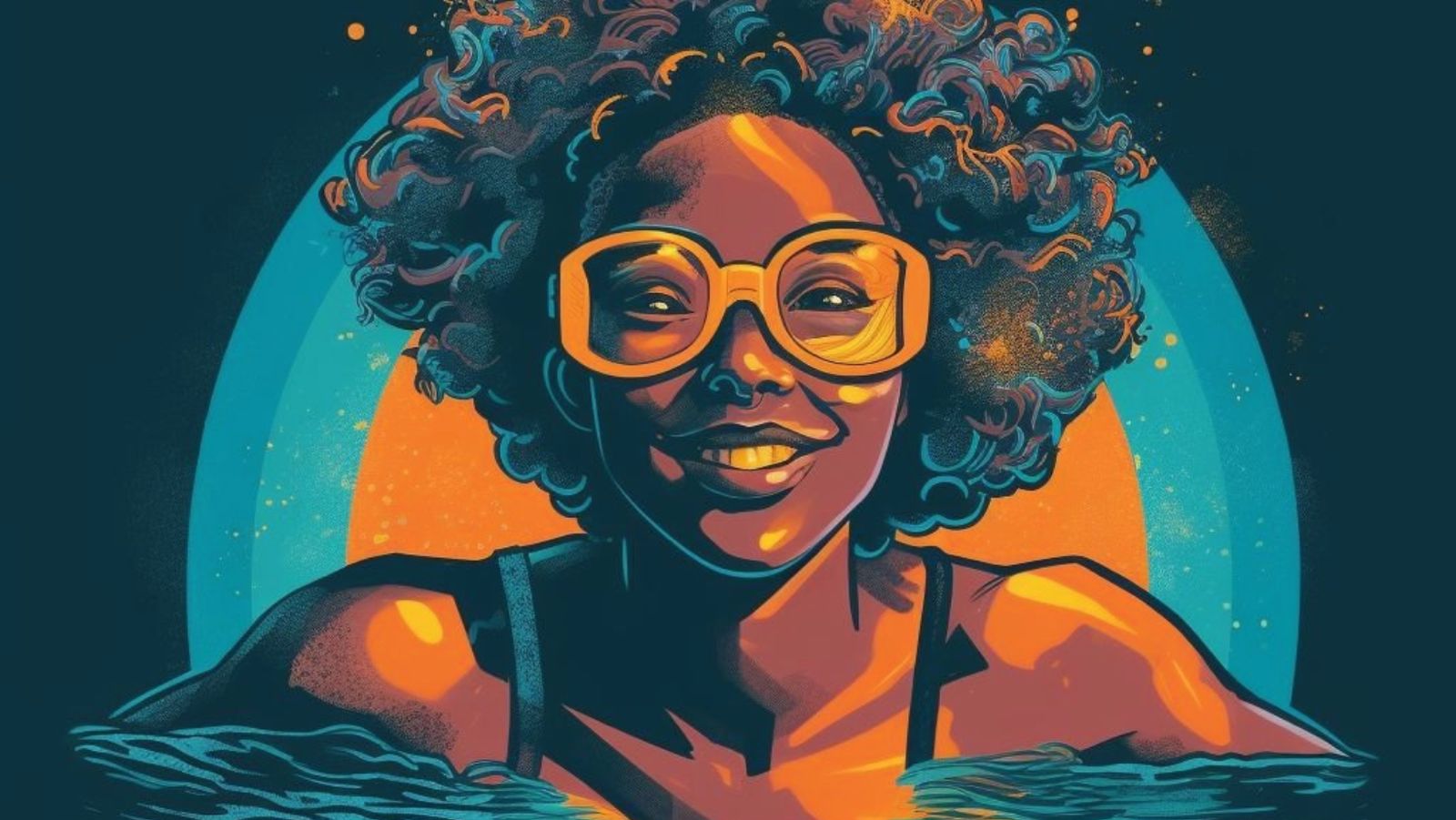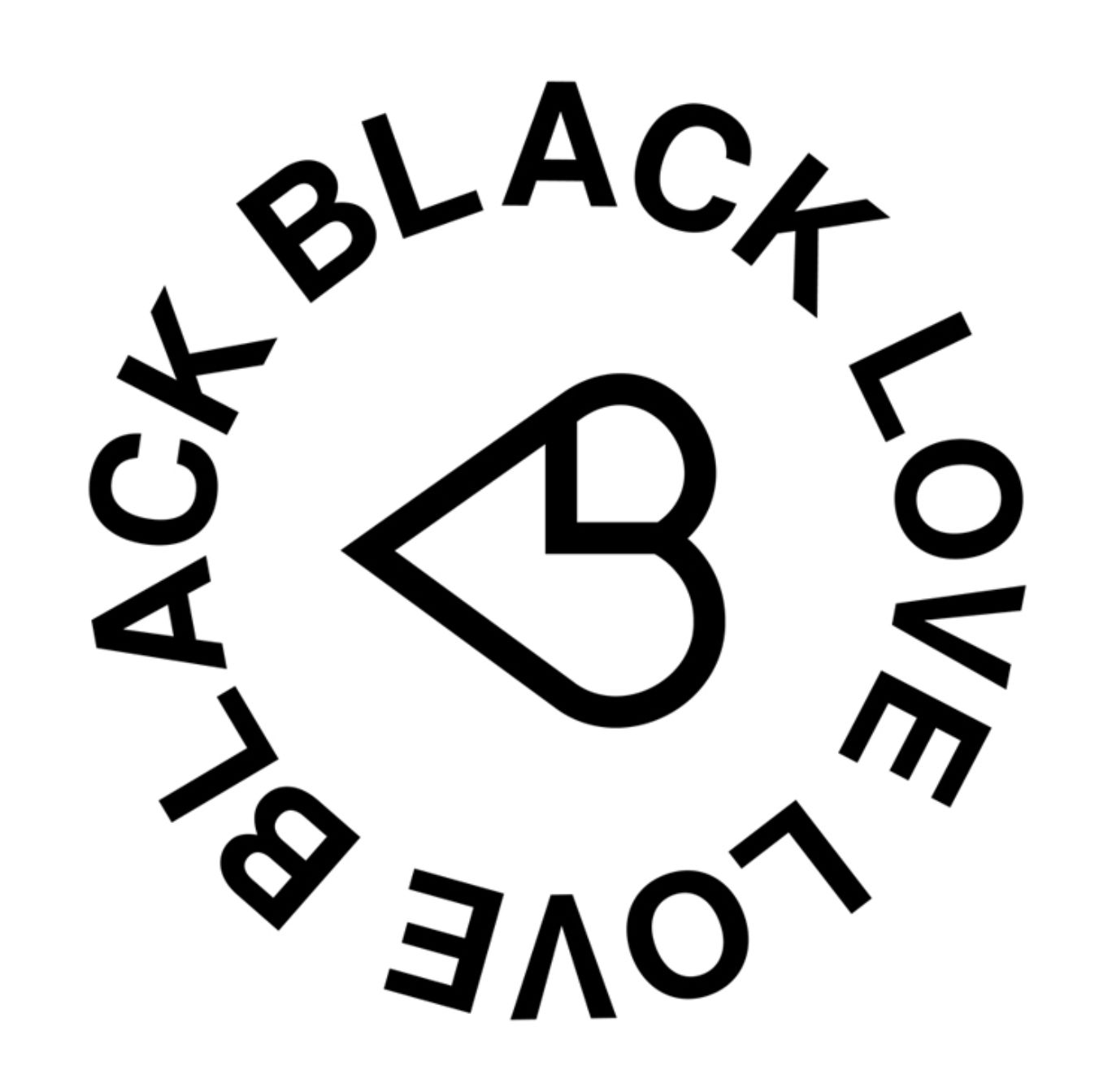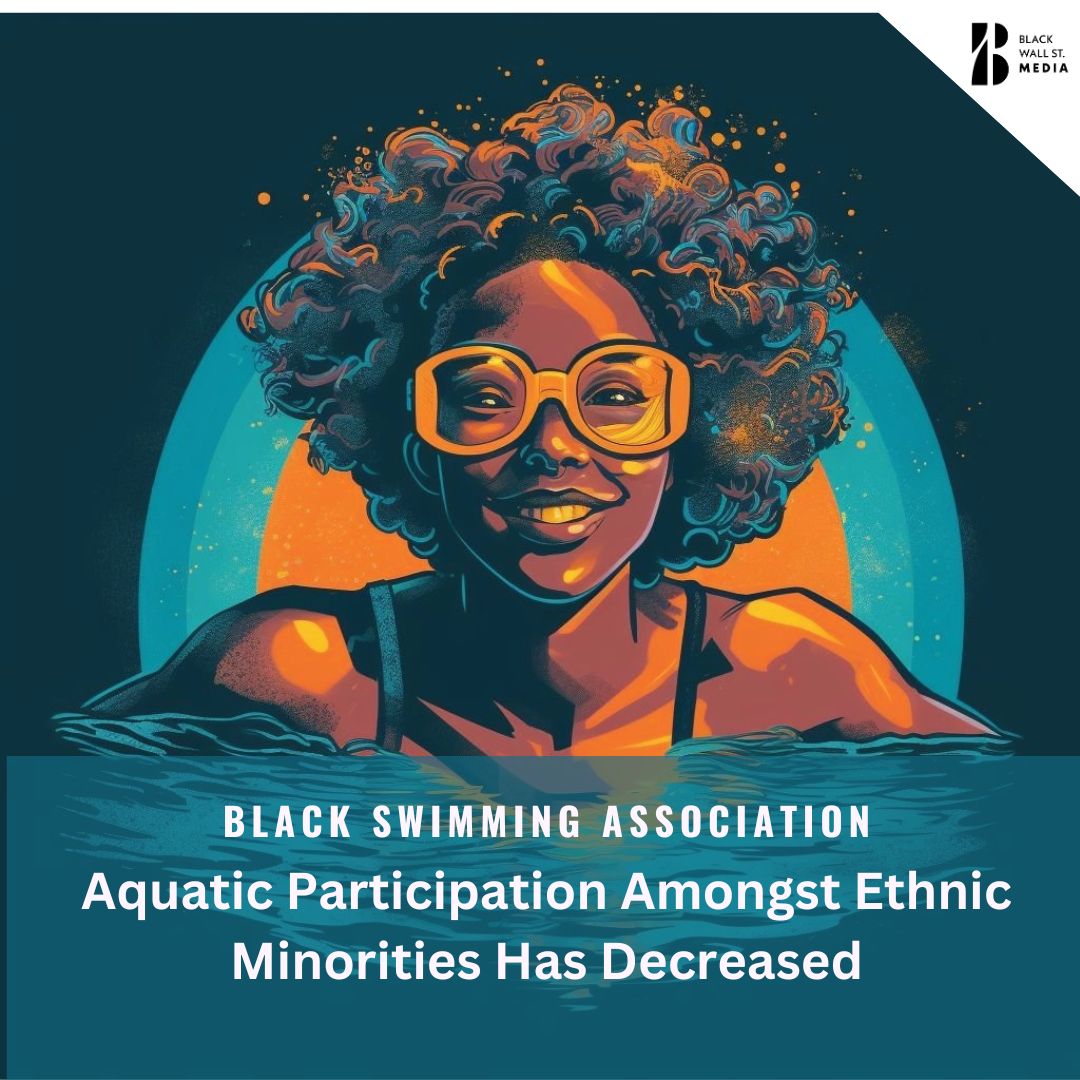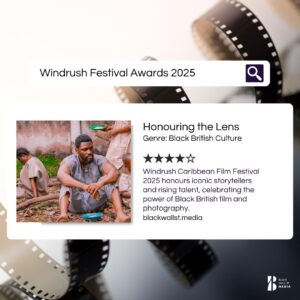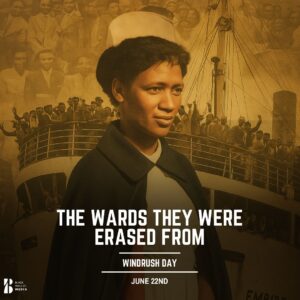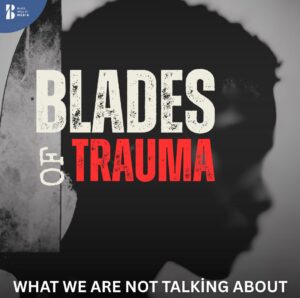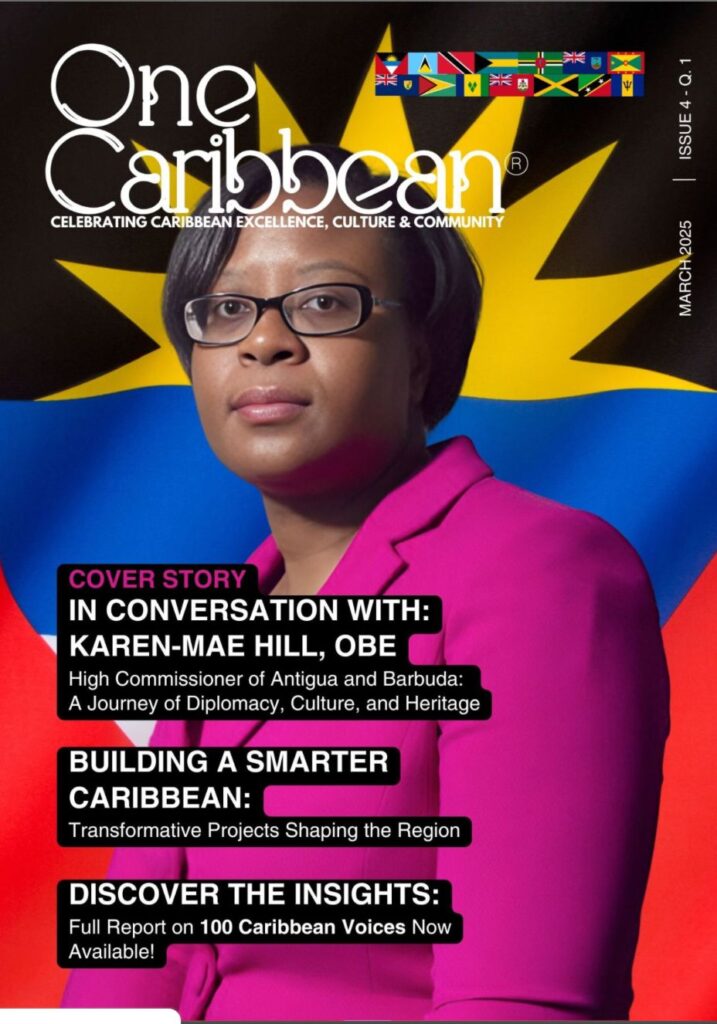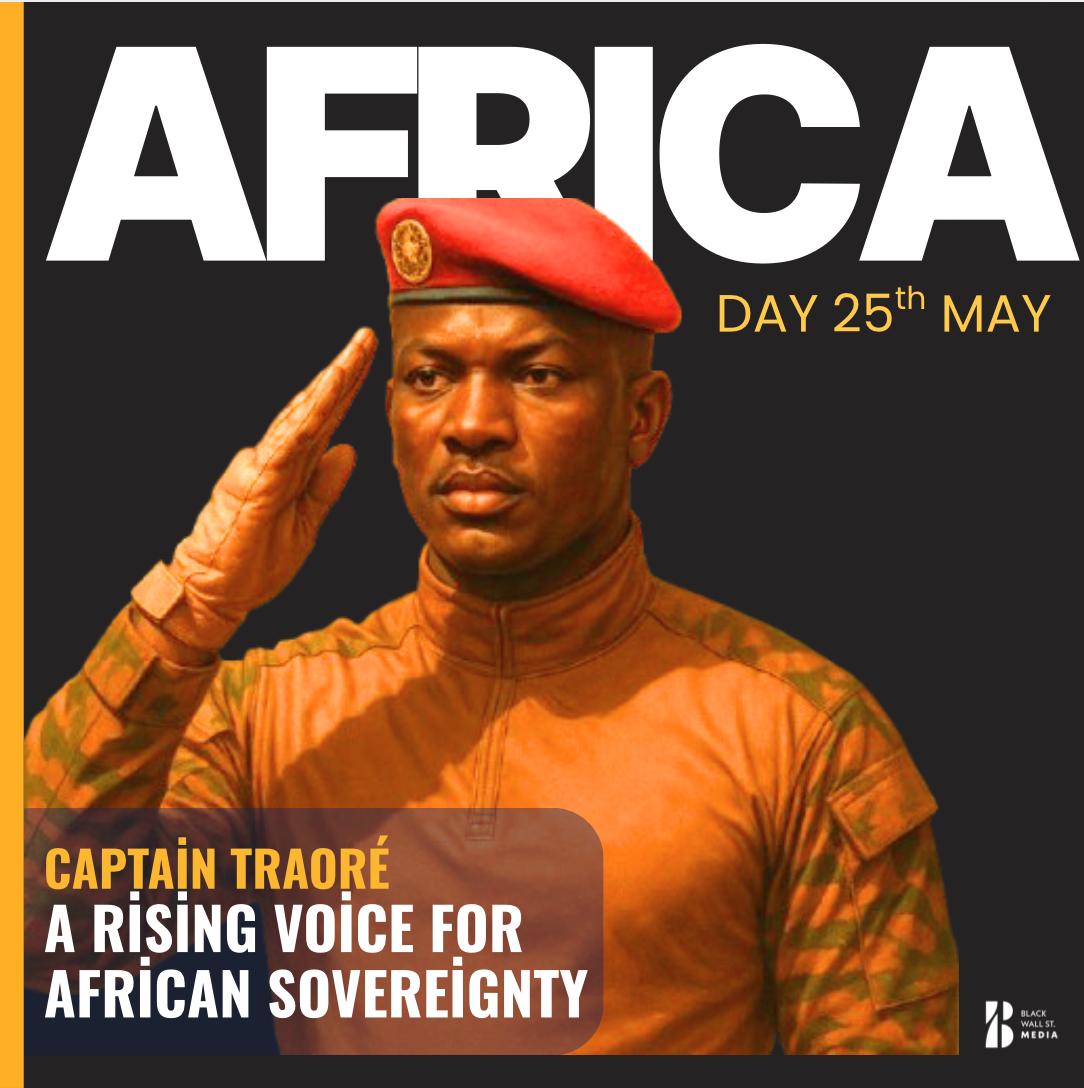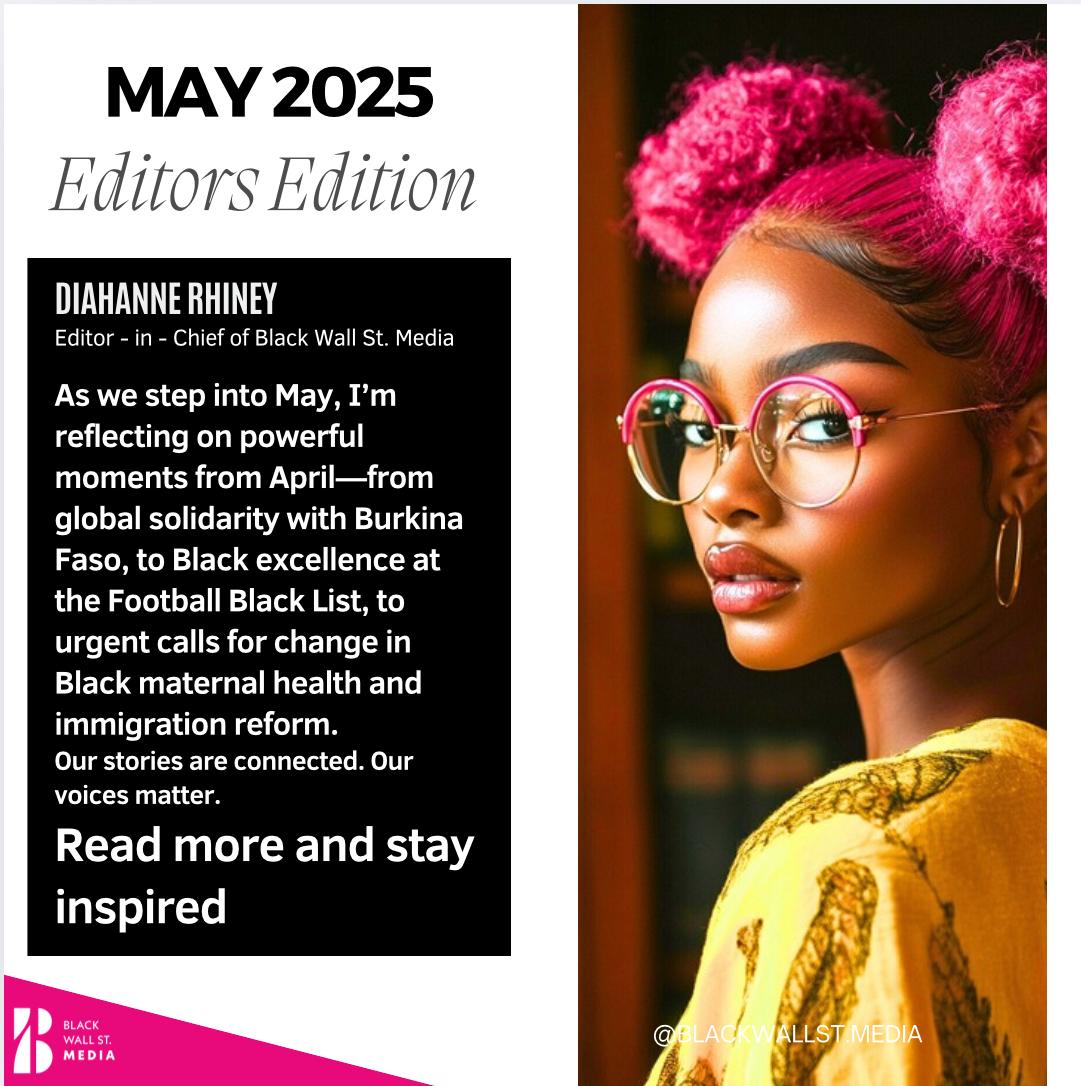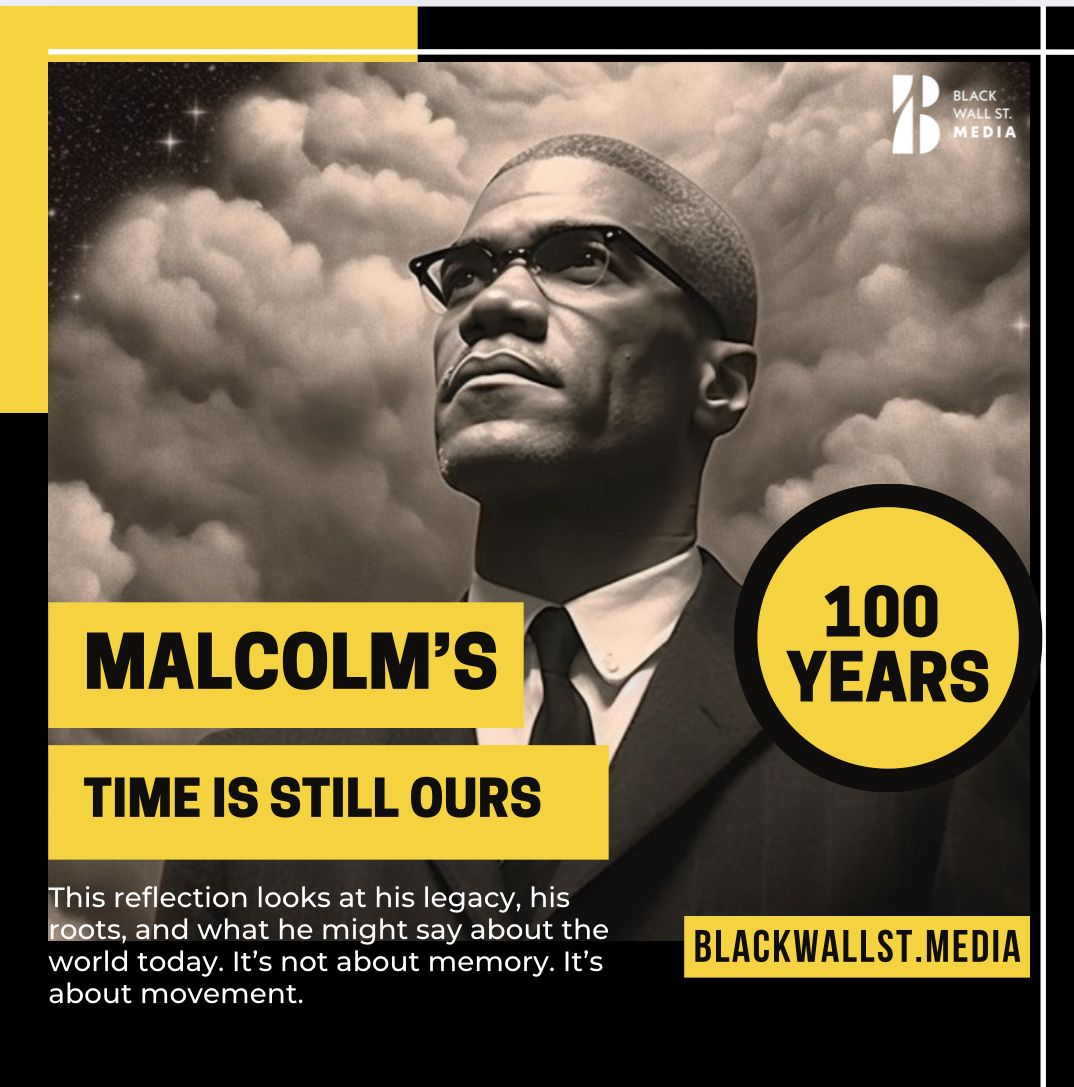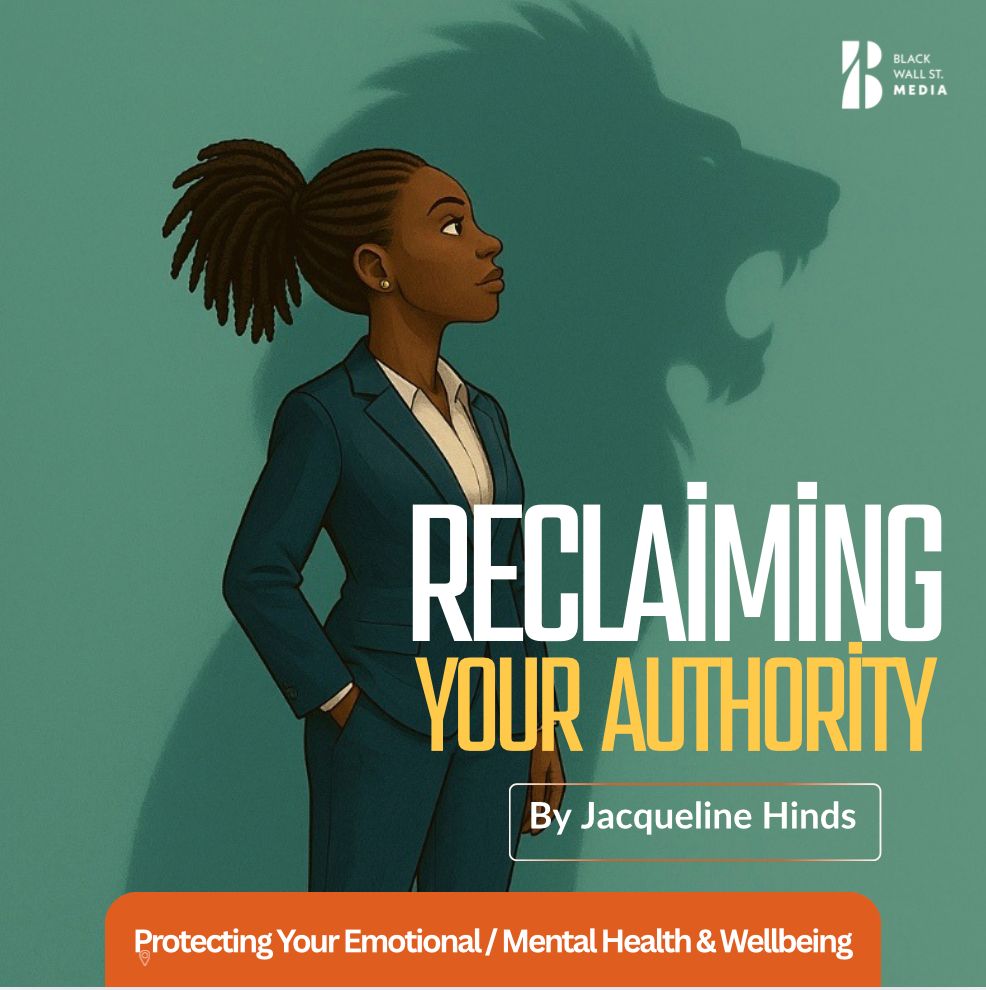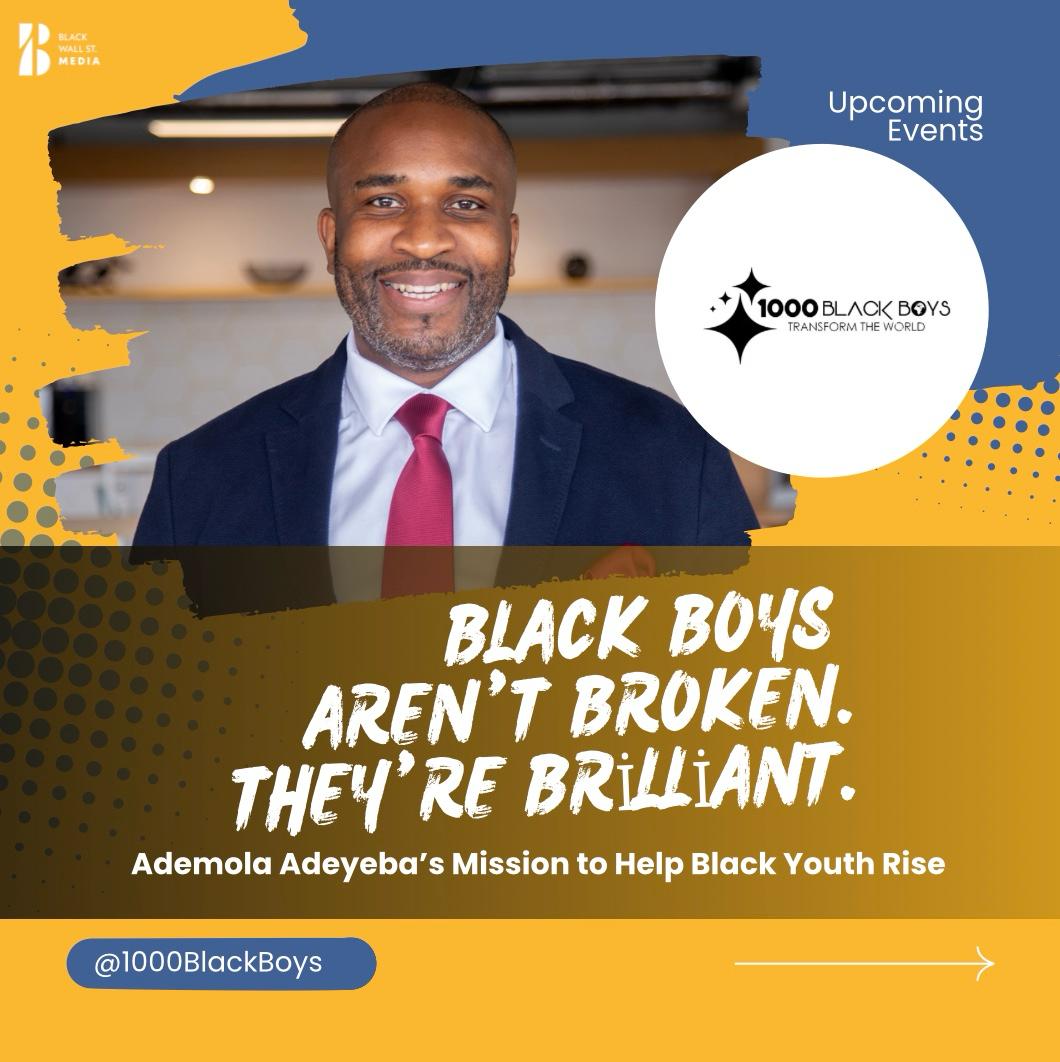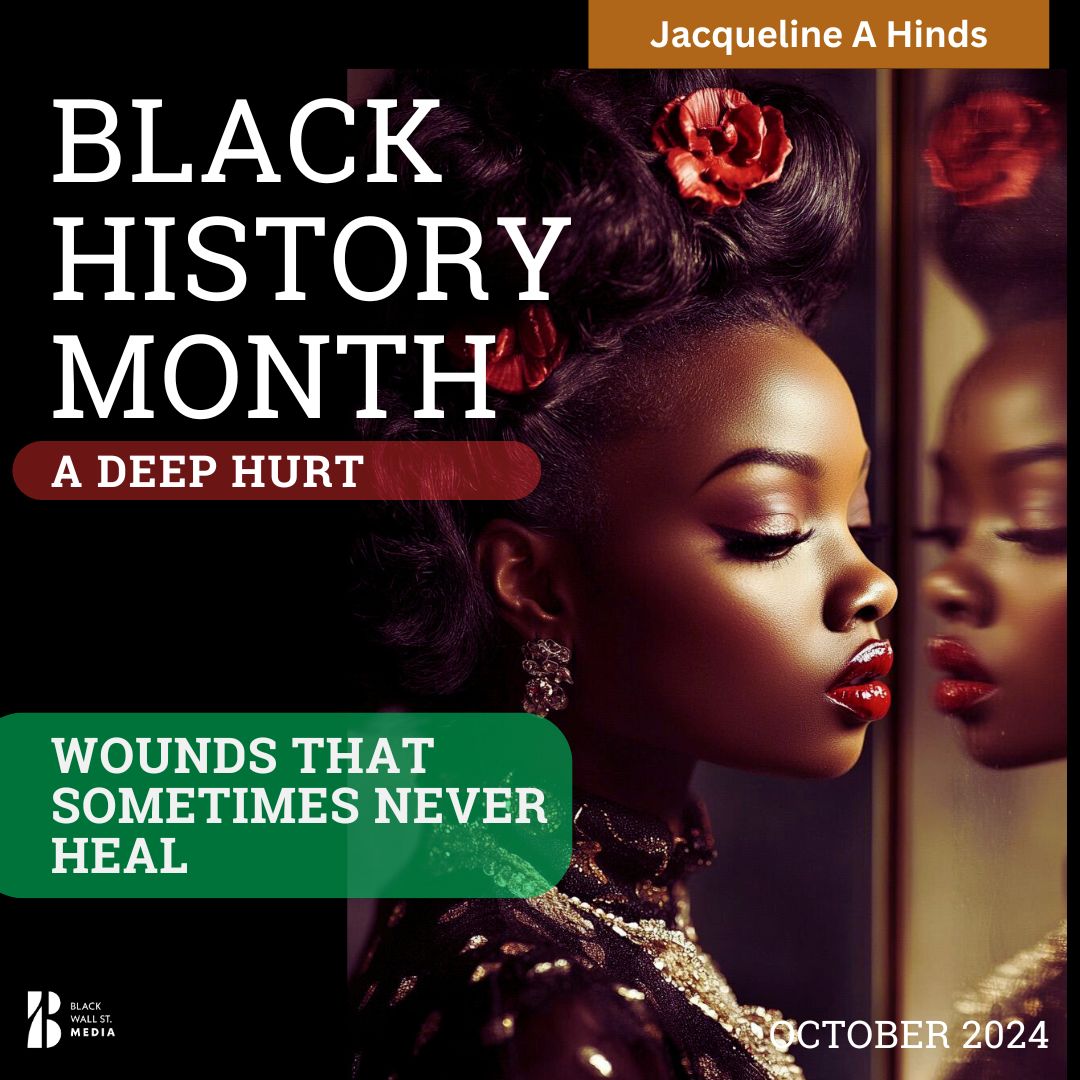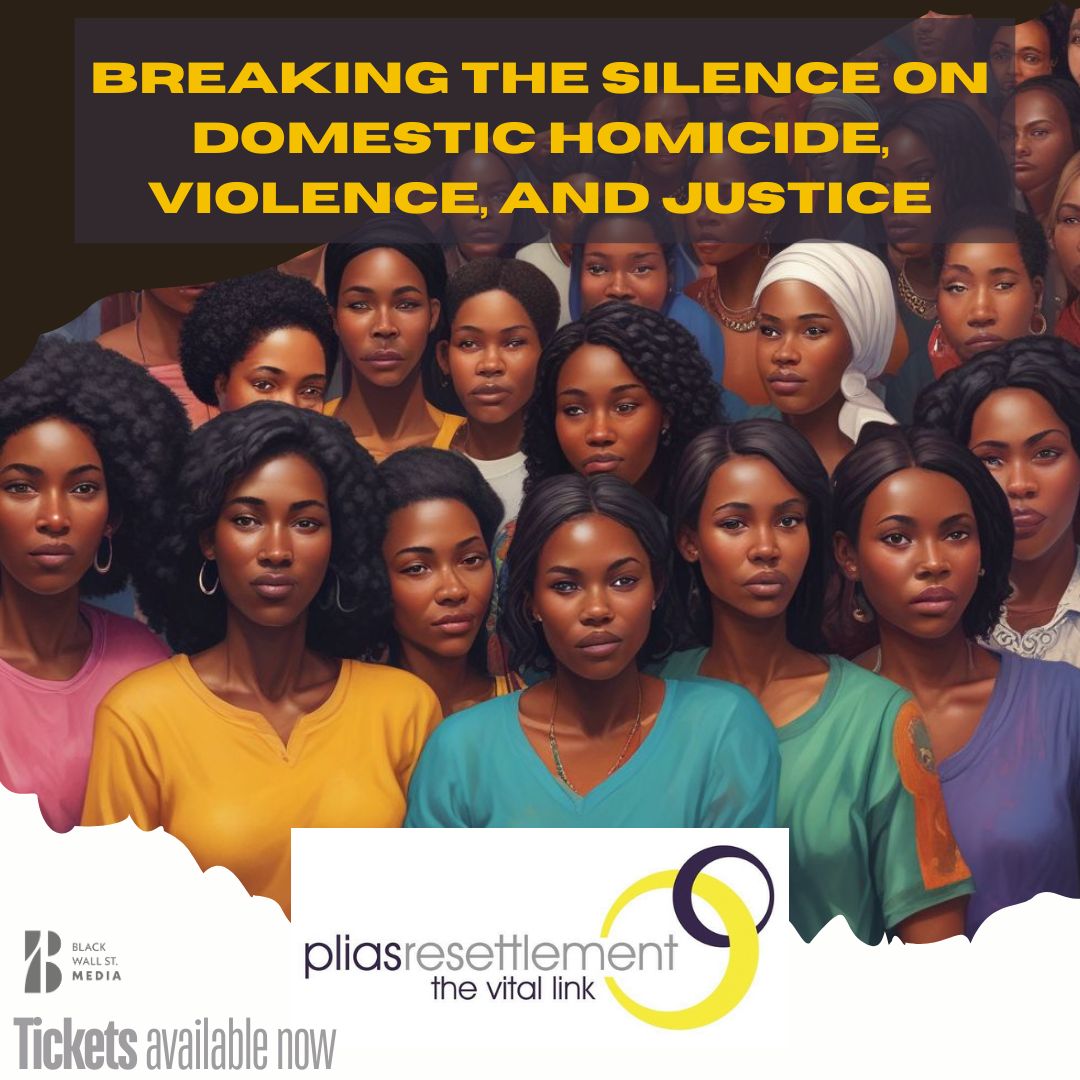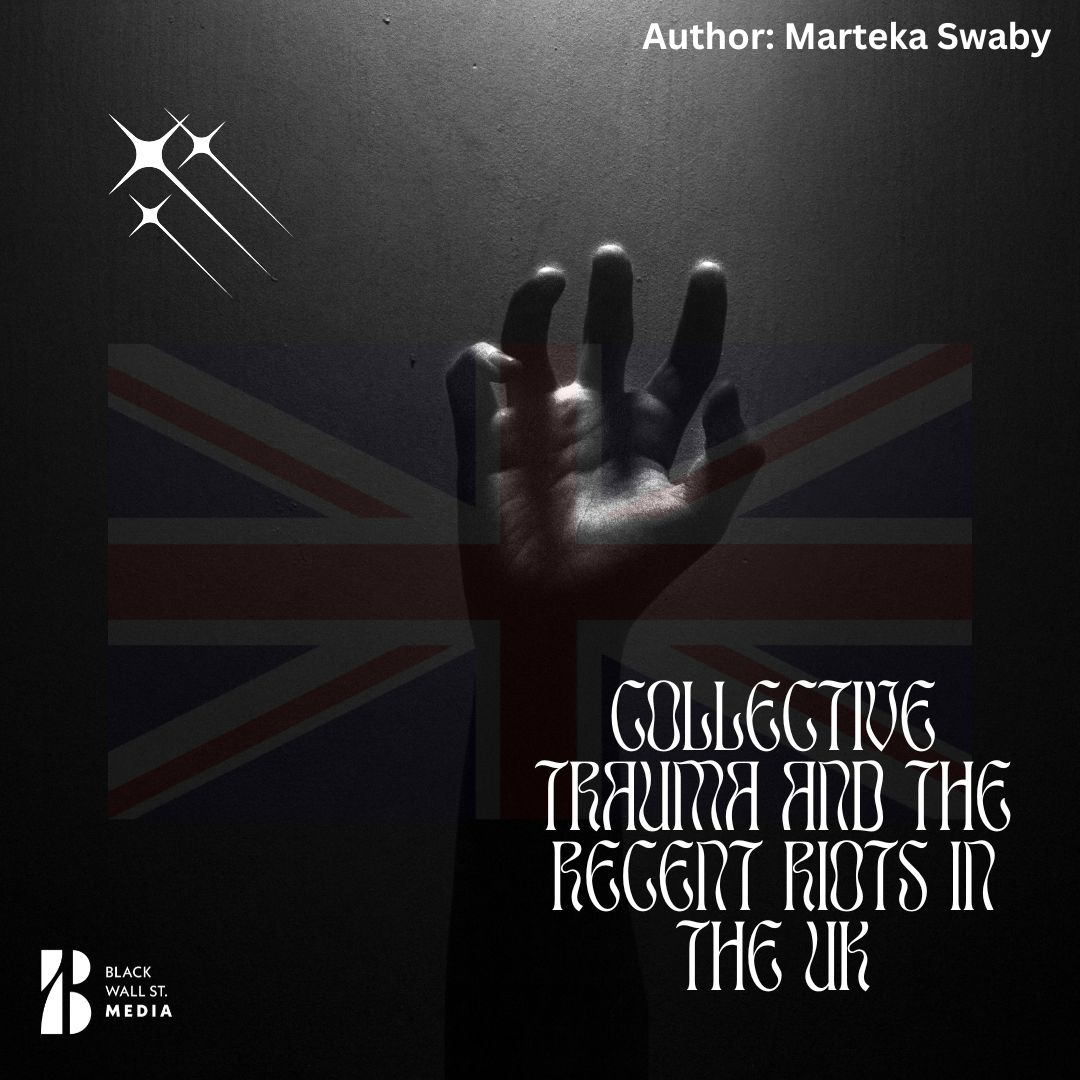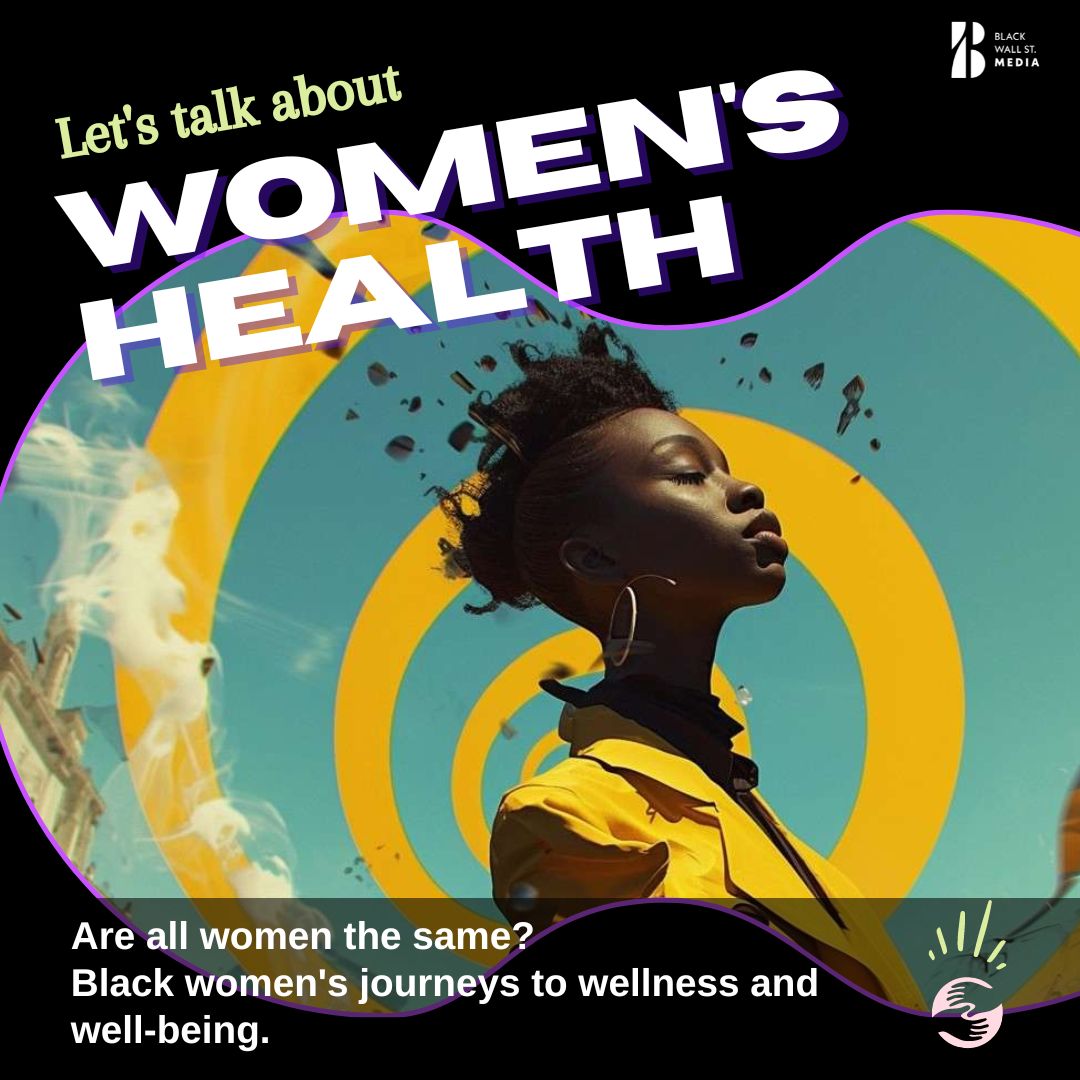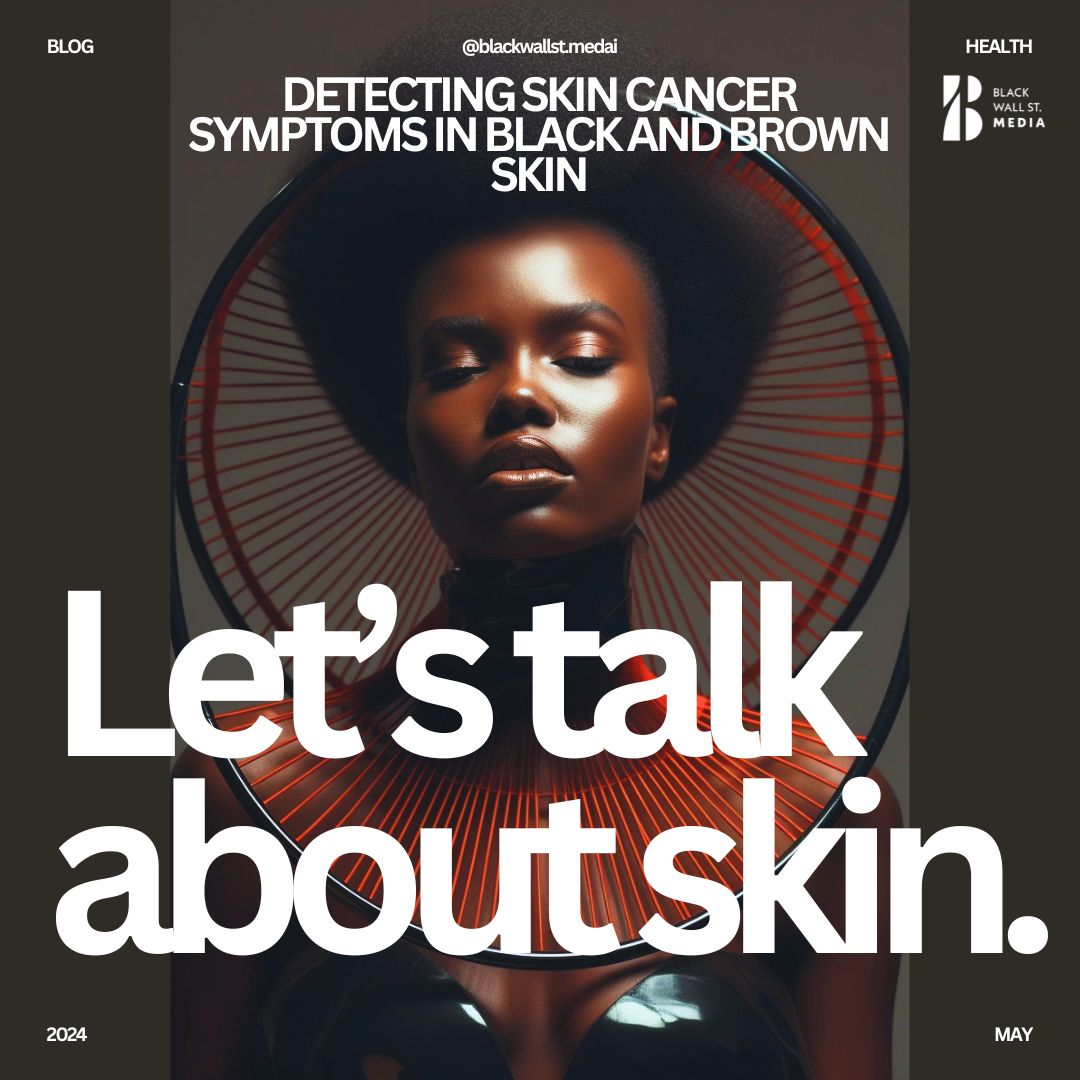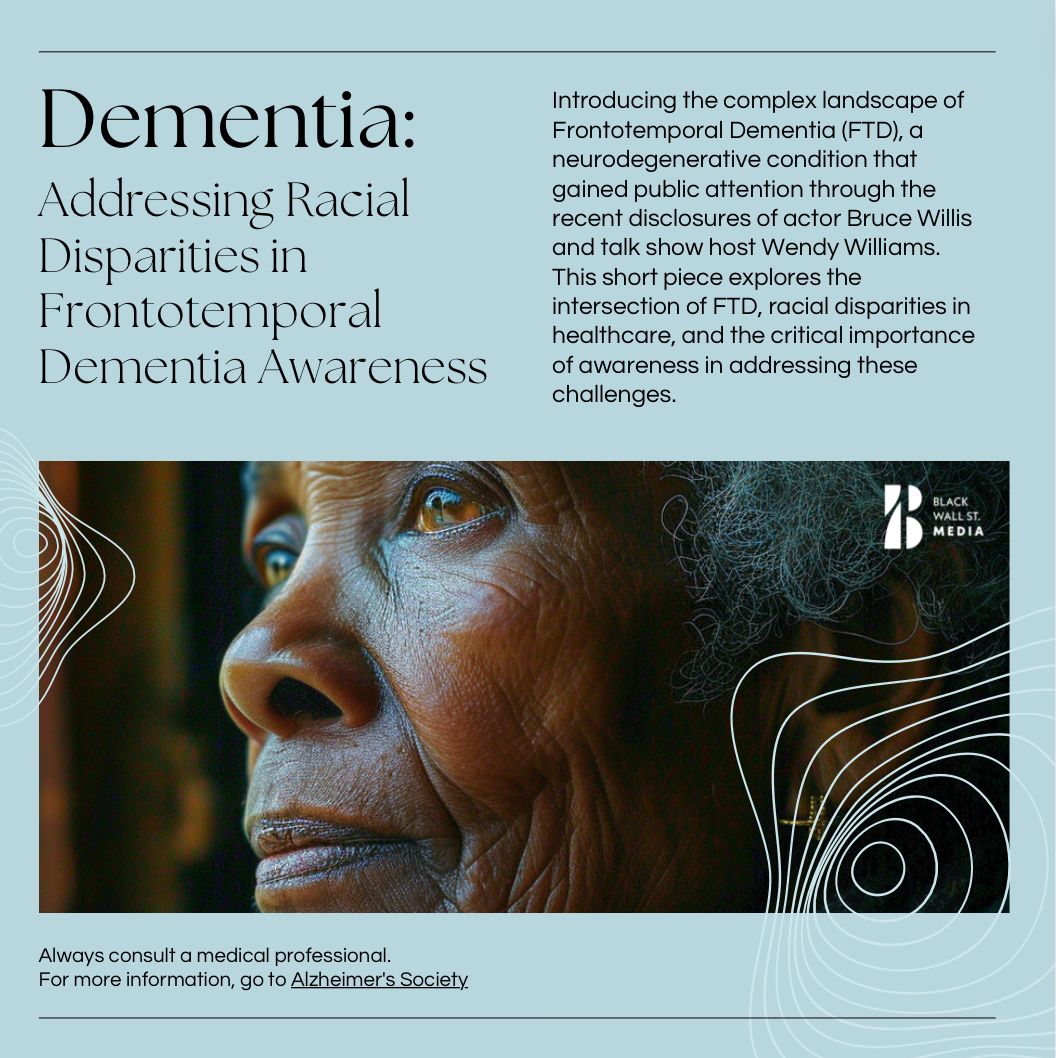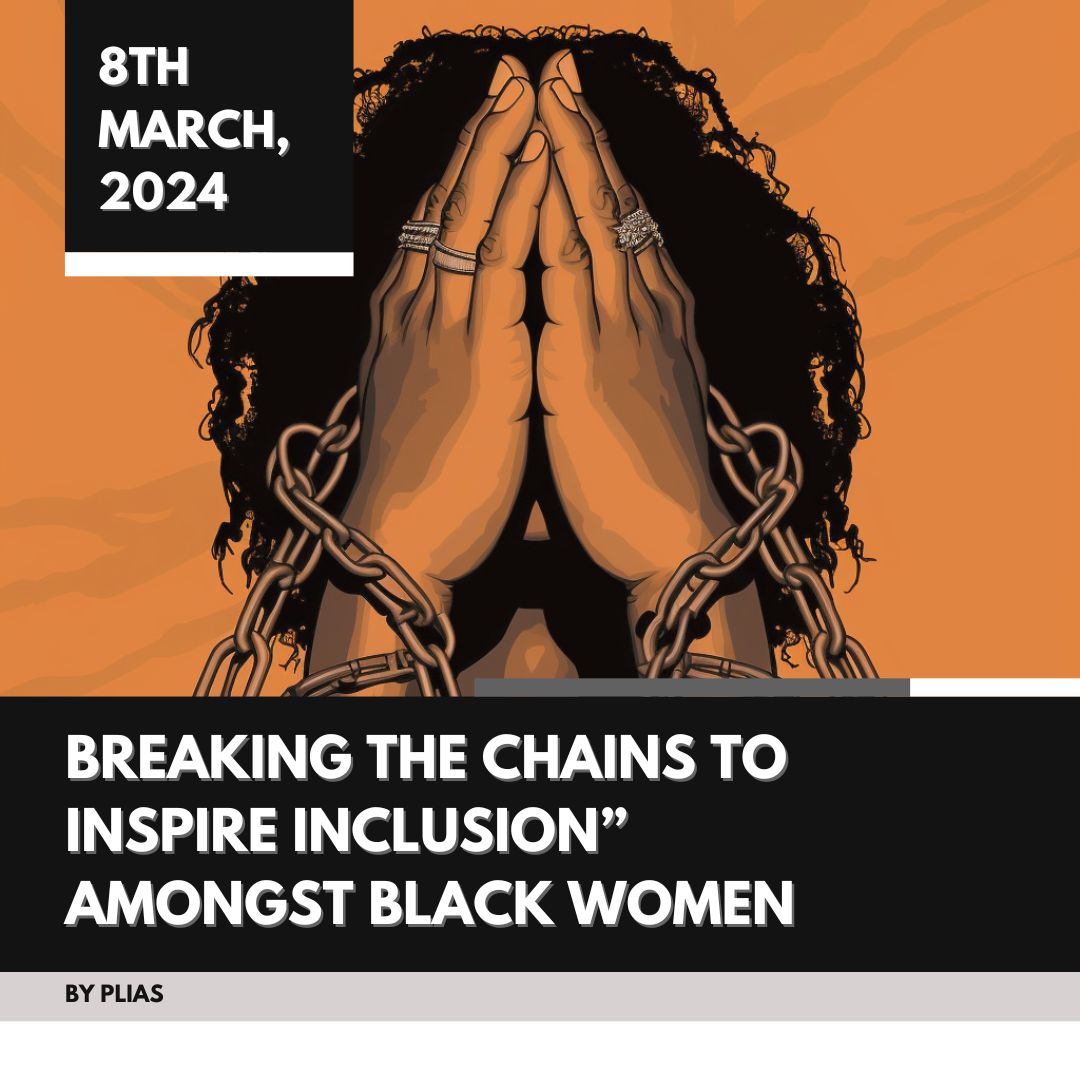SOCIAL ISSUES
Aquatic Participation Amongst Ethnic Minorities Has Decreased
“Dive into the latest insights on aquatic participation among ethnic minorities with the Black Swimming Association (BSA). As the BSA celebrates its fourth anniversary, join us in exploring the challenges, opportunities, and impactful initiatives shaping water safety and inclusion in our communities. Stay tuned for a closer look at how the BSA's innovative programs and partnerships are making waves toward a more equitable and accessible aquatic landscape.”
BWSM
According to the Black Swimming Association (BSA) rates of participation in aquatic activities have declined since the pandemic and the cost of living crisis.
The latest Active Lives data reveals that in England 97% of Black adults and 96% of Asian adults (excluding those who identify as Chinese) do not participate in swimming activities regularly.
The new figures show a decline from 2020, which stood at 95% and 93% respectively. Similarly, 82% of Black children and 79% of Asian children in England do not participate in swimming activities regularly, compared to 80% and 78% respectively, in 2020.
In addition, data from the National Child Mortality Database shows that children of Black heritage in England have a 3.5x higher risk of drowning, compared to White and White British children.
In a continued effort to tackle the issue, the BSA has announced the launch of a second entity, Inclusive Aquatics C.I.C. (IA), setup to work in tandem with the award-winning charity, under one umbrella known as The BSA Group.
The group aims to work towards a future in aquatics where those from ethnically diverse communities have equitable access to water safety and drowning prevention.
The announcement comes as the BSA celebrates its fourth anniversary this month.
BSA Chair and co-founder, Danielle Obe, said, “When we founded the BSA four years ago, nothing could have prepared us for the transformative journey we, our communities and the sector would embark on.
“Whilst looking back we can see some evidence of progress, there’s much more ground to cover and a lot more work to be done.
We believe by expanding and launching The BSA Group, we are in a much stronger position to deliver our vision.”
Steve Mitchell, director of Inclusive Aquatics C.I.C., said, “When the BSA was set up, it was established as a charitable foundation, which was an accurate approach at the time.
Now, four years on and having experienced the changes in the aquatics sector – as well as the impact of the BSA’s work – we fundamentally believe that people becoming water safe is not a charitable endeavor, but instead a human right.”
Since its inception, the BSA has gained national recognition for its work around water safety and drowning prevention amongst African, Caribbean and Asian communities in the UK, including becoming a recipient of the National Lottery’s Project of the Year Award.
The BSA’s collaborative work with governing bodies, lifesaving authorities, sports councils, leisure operators and educational institutions, has also highlighted and made public the pre-existing inequalities and inequities in the aquatics sector.
“The BSA’s research programme plays a vital role in furthering our mission, by exploring the barriers that prevent communities of African, Caribbean and Asian heritage from having equitable access to vital water safety education and all the benefits of participating in aquatics”, said the BSA’s Senior Research and Insights Executive, Georgie Milner Day.
In July 2023, the BSA launched #OurSwimStory, which sheds light on the lived experiences of more than 1400 adults from ethnically diverse backgrounds regarding water safety and aquatic activity.
The research identified multiple, complex barriers to safe aquatic engagement – including inadequate water safety knowledge, limited aquatic skills, a fear of water, the cost of aquatic activity and concerns regarding hair and skin care.
Despite these barriers, the findings also identified a latent demand, which reveals a major opportunity to foster equity in aquatics and to encourage everyone to find their own place in the water, safely.
The BSA has since shared the findings to a wide-range of stakeholders, including via a global roundtable discussion at No.10 Downing Street on World Drowning Prevention Day.
It continues to work collaboratively with the sector to implement recommendations from the project, to increase water safety awareness and aquatic participation amongst marginalised and disenfranchised communities.
The BSA has also resumed its innovative water safety initiative, Together We Can© for its third year.
A bespoke five week programme specifically designed to deliver vital water safety, orientation and familiarisation for those who are beginners, non-swimmers or aquaphobic. Jo Melchior, Head of Programme Design and Development said, “We have had the privilege of working with hundreds of people from all ages, backgrounds and heritage spanning across Africa, the Caribbean, Asia, the Middle East, Europe and South America.
The unique offer of finding your place in any body of water – be that in the pool or other aquatic sports – resonates across all sections of society.”
Over the last three years, Together We Can© has hosted sessions across London, in Kent and has expanded to Cardiff and Swansea, which has seen hundreds of participants graduate from the programme.
In the last 18 months, the BSA has contributed towards diversifying the aquatic sector’s workforce, by sponsoring the training of 15 now qualified swim teachers. 58% of whom began their journey in accessing aquatics through our five week Together We Can© initiative.
Danielle Obe said, “This anniversary signifies not only years of hard work, determination, and uncomfortable truth, but also the immense potential that lies ahead as we continue to revolutionise the aquatic landscape.”
About the Black Swimming Association
● The Black Swimming Association (BSA) is a non-profit organisation setup to highlight the importance of learning to swim and water safety as an essential and invaluable life-saving skill.
● The BSA aims to educate the African, Caribbean and Asian communities on water safety, life-saving and drowning prevention measures in collaboration with other swimming charities and national governing bodies.
“”
Black Wall St. MediaContributor

